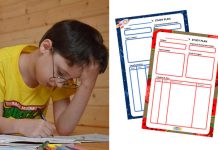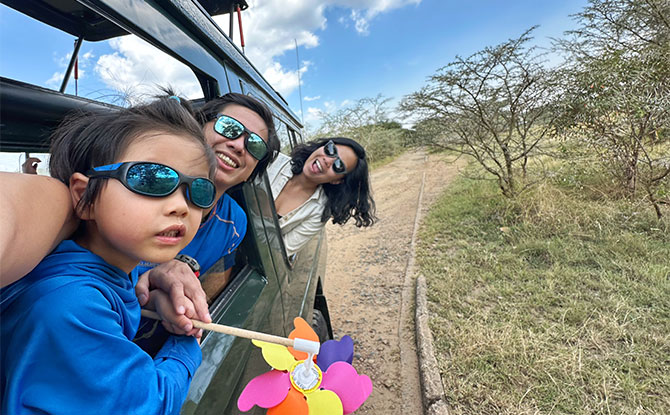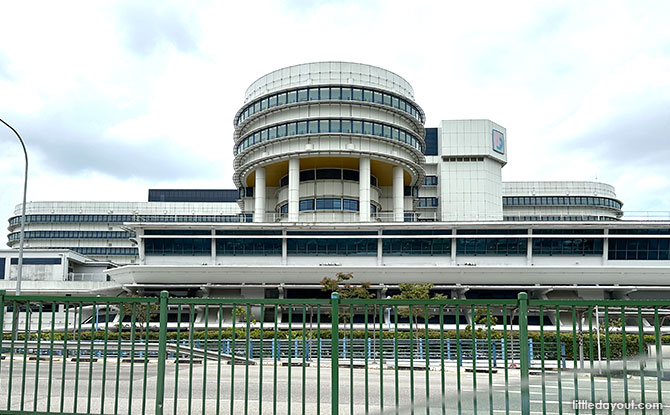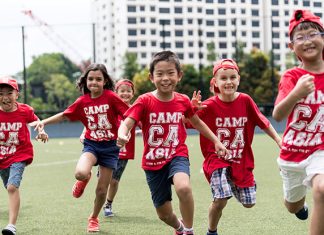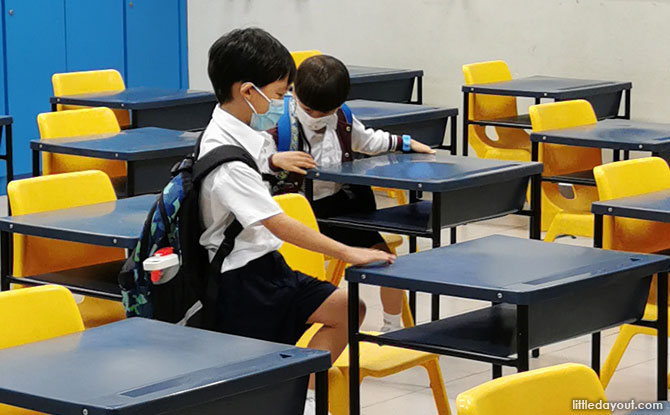
Now that school has begun, many of the Primary One children are settling in school and settling into the new environment. Like many parents, I was feeling apprehensive and slightly anxious about my children in primary one. Now that I have experienced my older child transitioning from preschool to primary school, I have a clearer idea of what to expect and how to better help my child adjust to the changes.
Here’s what I’ve learnt!
5 Tips to Help Your Primary One Child Settle in Primary School
1. Downtime after school
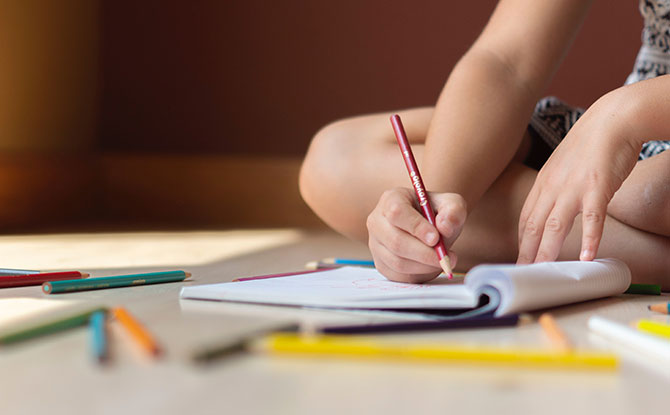
Heading into primary school can be emotionally and mentally draining. Give the child some space after school to relax after a tense day of following instructions and staying seated (mostly). Be it playing favourite toys, running, jumping, reading – let the child be. Disallow screen time during the down time as screens can stimulate rather than let the child relax. Free, unstructured time helps the child to feel rejuvenated, calm down and regulate his or her emotions.
Year-end Holiday Camps: Discover Fun and Exciting Camps for Kids; Book Early
Dec Fun: Get the Best Ideas for the School Holidays
2. Encourage sharing of the day’s events
Some children love to share spontaneously, while some tend to clam up. Encourage your child to tell you about school without prodding. Bedtime is usually a great time to just share and chat. There is also an art to asking questions to prevent one-word answers, here are some of my favourites:
- Tell me something that made you laugh.
- What is one silly thing your friend did today?
- What was your favourite class or activity today?
- Was there anything that made you sad?
- What was one food at the canteen you were eye-ing?
- If you could take a classmate to the Zoo with you, who would you bring and why?
- Did you help anyone today?
- What made your teacher angry/happy today?
- Where would you choose to hang out in school?
- Which seat would you like best if you could choose your seat?
- Which part of the day did you find challenging today?
- Something you learnt?
- Teach me something I wouldn’t know.
- Rate your day from one to ten stars or unicorns or rockets.
3. Be present with plenty of hugs and reassurance
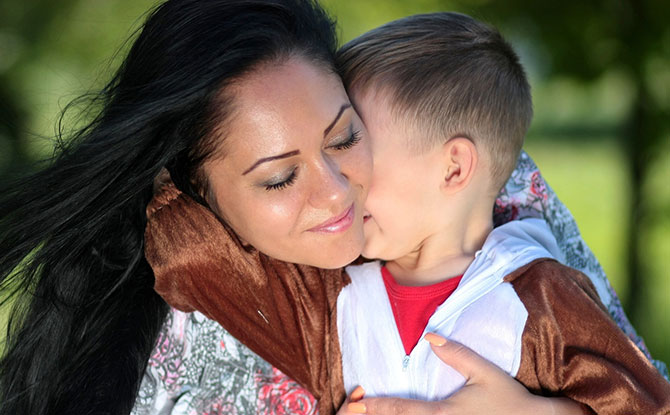
It could be difficult for children to get used to such a different environment, with plenty of older children, strict teachers, new rules. My older child was pretty grumpy in his first year or primary school partly due to the changes he faced. Plenty of hugs while empathizing can be very comforting for both parent and child. While we may not fully understand the struggles our children face, we can make the effort to be there and be present.
Make the time and effort to help if it’s struggles in keeping up with school work or assignments. Or just listen to the child talk about his or her day even if it’s a rather gloomy one. While we cannot control what happens in school and in classrooms, we can help manage our own responses to the situations by giving our Primary One children emotional support.
One tip I like to give fellow parents is to be a parent volunteer at school. This helps you to be there in school to get a chance of what happens in school, even say hello to the kids (bring them a bonus snack) and get insider information about the school.
4. Keep practising the same routines
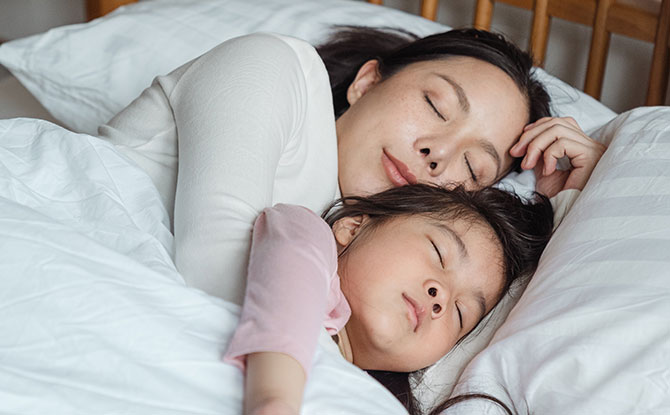
It is challenging to wake early for some children, so stick with early bedtimes and perhaps a short nap in the afternoons if possible. Good bedtime routines go a long way. It also gives parents the chance to bond when the children are asleep.
Aside from sufficient sleep, do remember to pack bags daily so nothing is omitted. Standard items like school books, planner, instruments or required art materials should be packed according to the time table. It is also necessary to include a thermometer, extra masks, sanitiser, wet wipes and tissue paper in the bag for hygiene purposes.
Your teachers are important figures of authority in school. Aim to have a good relationship with the teachers who have the common goal of educating and nurturing the children. This will also help you guide your child with feedback and open communication with teachers who might see a different side of your child in the school environment. Be open to the teachers’ perspectives which may be very different.
Strive to have a cordial and respectful relationship with the teachers so that your child can benefit from the collaboration. Similarly, children should be taught to respect and obey their teachers to ensure a conducive learning environment.
Less Anxiety, More Assurance for your Child’s Primary One journey
Heading to Primary School is a big milestone. Help your child to adapt well by allaying your anxieties and giving more assurance. This will boost your child’s confidence in managing the changes well. After all, our children are very adaptable and resilient. All the best in the primary school journey!






